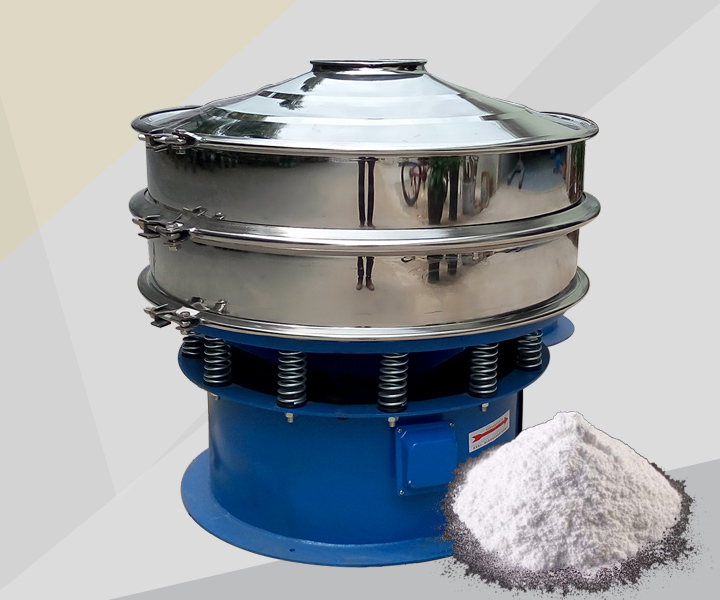In the realm of manufacturing, efficiency is paramount. Any opportunity to optimize workflow can have a significant impact on productivity, cost-effectiveness, and ultimately, the bottom line. One area where this optimization is particularly crucial is in the processing of metal powders. Metal powders serve as fundamental materials in various industries, including aerospace, automotive, and electronics. However, their effective utilization often hinges on their quality and consistency. This is where metal powder sieving machines play a pivotal role.
The Importance of Metal Powder Quality
Before delving into the benefits of sieving machines, it’s essential to understand why the quality of metal powders is of utmost importance. In manufacturing processes such as additive manufacturing (3D printing) and powder metallurgy, the characteristics of metal powders significantly influence the properties of the final product. Irregular particle sizes, agglomerates, and contaminants can lead to defects, compromised mechanical properties, and, in some cases, catastrophic failures.
Challenges in Metal Powder Processing
Processing metal powders involves various stages, including production, handling, storage, and distribution. At each stage, there’s a risk of contamination, agglomeration, and particle size inconsistencies. Traditional wholesale powder sieve machine methods, while effective to some extent, often fall short in addressing these challenges comprehensively. Manual sieving, for instance, is labor-intensive, time-consuming, and prone to human error. Moreover, it may not achieve the level of precision required for demanding applications.
Enter Metal Powder Sieving Machines
Metal powder sieving machines offer a modern solution to the challenges associated with traditional sieving methods. These machines utilize advanced technologies to streamline the sieving process, ensuring superior quality control and operational efficiency. Here are some key ways in which metal powder sieving machines improve workflow:
1. Precision Sieving
Unlike manual sieving, which relies on human judgment and dexterity, sieving machines operate with precision and consistency. They are equipped with precisely engineered mesh screens or sieves that accurately separate particles based on size. This level of precision ensures uniformity in particle size distribution, essential for achieving desired material properties and product performance.
2. Increased Throughput
Metal powder sieving machines are designed for high throughput, allowing manufacturers to process large quantities of powder in a relatively short time. This increased throughput translates to higher production rates and faster turnaround times, ultimately enhancing overall workflow efficiency.
3. Minimized Contamination
Contamination poses a significant risk in metal powder processing, as even minor impurities can compromise product quality. Metal powder sieving machines are equipped with features such as enclosed chambers and specialized seals to minimize the risk of contamination from external sources. Additionally, some advanced models incorporate inert gas environments to further safeguard the purity of the powder.
4. Automated Operation
Automation is a hallmark of modern manufacturing, and metal powder sieving machines embody this principle. These machines can be fully automated, reducing the need for manual intervention and oversight. Automated operation not only saves labor costs but also eliminates human error, ensuring consistent results and minimizing production downtime.
5. Versatility
Metal powder sieving machines are versatile tools that can accommodate a wide range of powders, from fine to coarse, and various metal types. They can be easily adjusted to meet specific particle size requirements, allowing manufacturers to tailor their processes to the demands of different applications. This versatility enhances flexibility and adaptability in production environments.
Conclusion
In the quest for operational excellence, manufacturers are constantly seeking ways to optimize their production processes. Metal powder sieving machines represent a significant advancement in this endeavor, offering a holistic solution to the challenges associated with metal powder processing. By ensuring precision, increasing throughput, minimizing contamination, enabling automation, and providing versatility, these machines play a crucial role in streamlining production workflows across diverse industries. As technology continues to evolve, the role of metal powder sieving machines in manufacturing is poised to become even more indispensable, driving innovation and efficiency in the ever-evolving landscape of industrial production.
Top of Form

